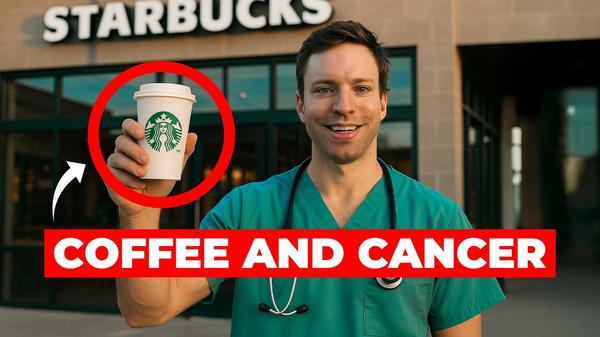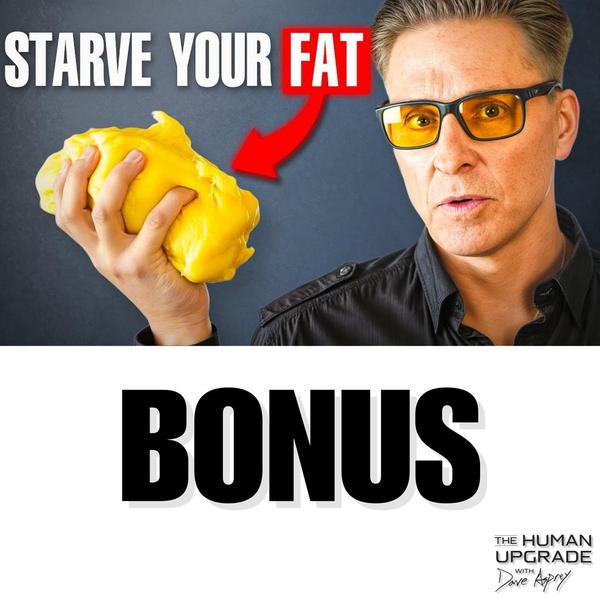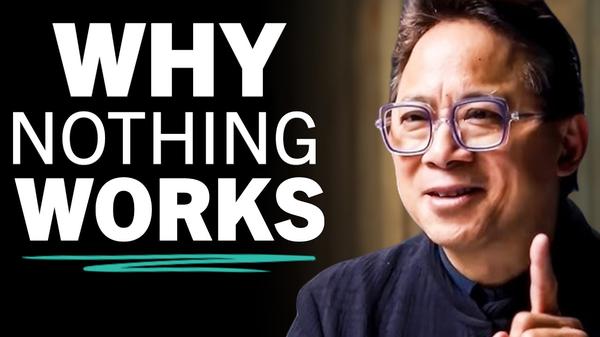Ultra-Processed People: How Big Food Is Rewiring Our Brains | Chris Van Tulleken
Mark Hyman
Apr 16, 2025
Mindsip insights from this episode:
Incorporate C15 for cellular strength and metabolism support
C15, found in whole dairy, is a newly discovered essential fatty acid that strengthens cells and supports metabolism, available in a vegan-friendly supplement called Fatty15.
Recognize food additives as indicators of profit-driven design
Industrial ingredients like soy lecithin may not be directly harmful, but they serve as a proxy or sign that a food was designed by a system focused on profit, not health.
Recognize food companies' tactics to engineer addictive products
Major food companies put people in fMRI brain scanners to optimize the 'bliss point' of their products, engineering them to be as addictive as possible.
Implement smart labels to drive food policy action
An effective food policy wouldn't just use warning labels, but would have those labels trigger further regulations like banning cartoon marketing and implementing progressive taxes.
Uncover tobacco industry's tactics in food industry takeover
In the 1980s, tobacco giants like Philip Morris and R.J. Reynolds bought major food companies and applied their addictive product development techniques to food.
Deconstruct junk food to break attachment
To break an attachment to a processed snack like Pringles, try crushing them into a powder and eating it with a spoon to see if you still enjoy the substance without its engineered shape and texture.
Beware of hidden salt and sugar in breakfast cereals
Many ultra-processed foods have a surprisingly uniform formula; your breakfast cereal can be as salty as a microwave lasagna and your pizza as sugary as a dessert.
Avoid ultra-processed foods to restore fullness signals
An ultra-processed diet can blunt your body's fullness hormones and elevate hunger hormones in response to any meal, not just the processed food itself.
Rewire your brain with ultra-processed food awareness
Functional MRI scans showed that eating an ultra-processed diet for four weeks created new brain connections between habit and reward centers, similar to developing an addiction.
More from
Mark Hyman
You also might be interested in
#1 Nutrition Scientist: This Is Why You Struggle To Lose Weight | Kevin Hall, PhD
The Coffee Evidence Just Changed
Ketogenic diet, ketosis & hyperbaric oxygen: metabolic therapies for weight loss, cognition, Alzheimer's & more | Dom D'Agostino, Ph.D.
What If You Stop Eating For 72 Hours?
Still Confused About Your Health? THIS Is Why Nothing’s Working | Dr. William Li









